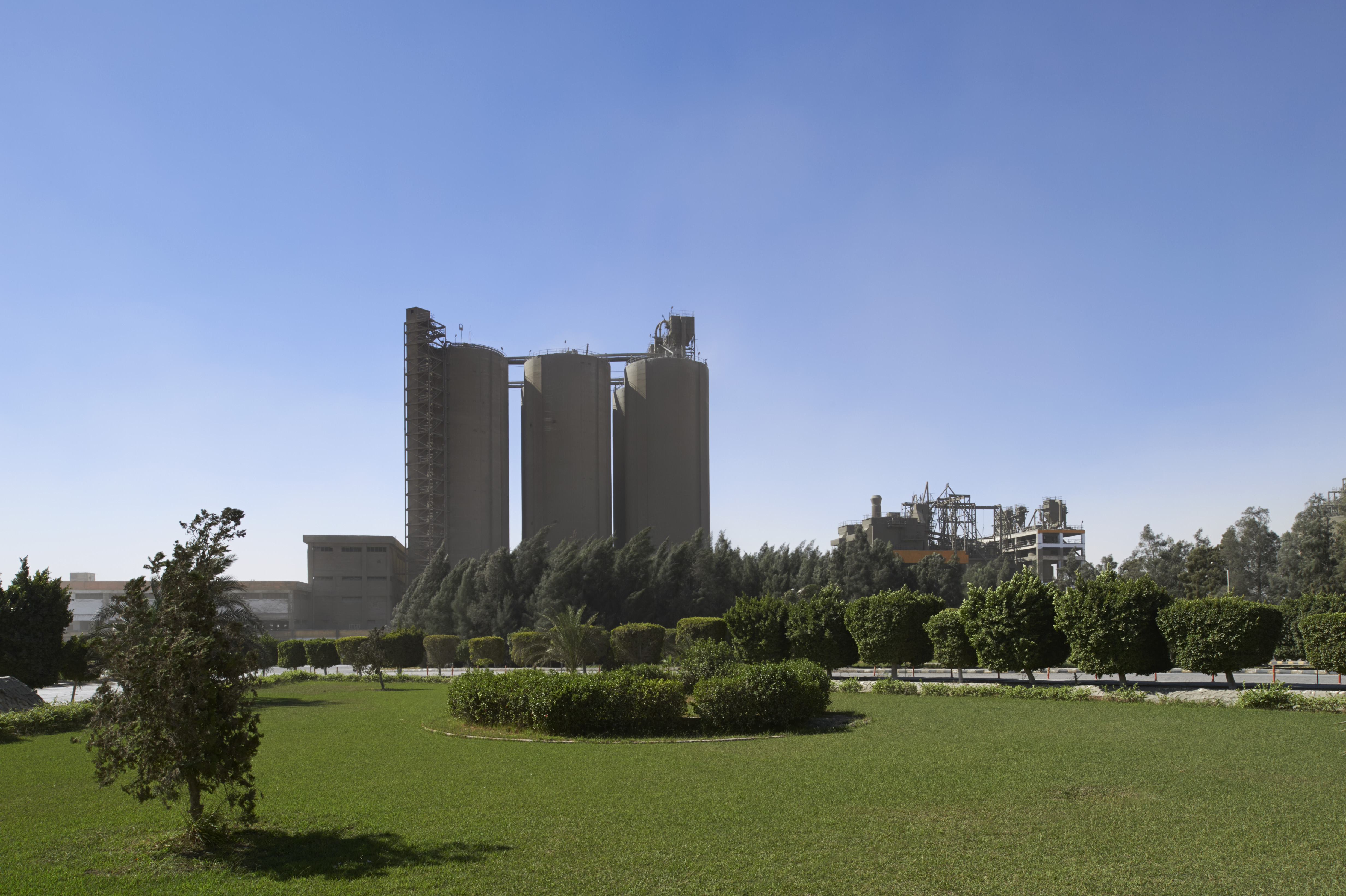Environment and Climate
Our focus is on climate protection. As an energy-intensive company, we have been making a substantial effort to minimize our CO₂ emissions for many years now.
In Heidelberg Materials Egypt, we have set our binding targets and will continue to invest in in new technologies and innovations to minimize process carbon emissions, with the goal of lowering our carbon emissions from 19% in 2019 to 30% by 2030.
By 2050 at the latest, we want to be carbon neutral across our entire product portfolio and achieve Net Zero emissions.
All our operating plants in Egypt are ISO 14001 and IS0 9001 certified and have adopted internal policies compliant with Egyptian environmental laws. Management for the plants continues to work closely with the Ministry of Environment to ensure that all operations are in line with the required environmental standards. Each plant is thoroughly reviewed by the Egyptian Environmental Affairs Agency (EEAA) to ensure full compliance with local standards.
Sustainability Investments and Achievements: Alternative Fuels and Raw Materials
Dust Emissions: The company has invested USD 60 million since 2010 for technology developments to measure and greatly decrease dust emissions throughout the company’s operations. This has resulted in significant emission reduction by the end of 2020, when compared to the company’s 2012 baseline. For instance, a massive 80% reduction in dust emissions was achieved, which, if present, decreases the surrounding air quality and causes health issues for people exposed.
Non-fossil-based fuels: An additional investment of around USD 16 million was also dedicated for the use ofnon-fossil-based fuels, which is a critical component of achieving lower-carbon emissions in cement. The company has also installed different technologies within its three plants in Helwan, Kattameya and Suez to support the use of alternative fuels in its operations. This makes Heidelberg Materials Egypt the first cement producer in Egypt to not only feed alternative fuel materials into the main burners, but also all its running kilns.
Waste Heat Recovery System: Heidelberg Materials Egypt has launched the Waste Heat Recovery System in the Helwan plant, with a total investment of USD 25 million. This system is a first of its kind in the cement industry in Egypt and will be a crucial factor in reducing energy use, costs and CO2 emissions at cement plants.
The Waste Heat Recovery System utilizes the waste hot gases exhaust from the operating kilns and transforms it into electrical energy. This energy is estimated to cover 30% of the plant’s needs and reduce carbon emission by 40 Ktons/year.
